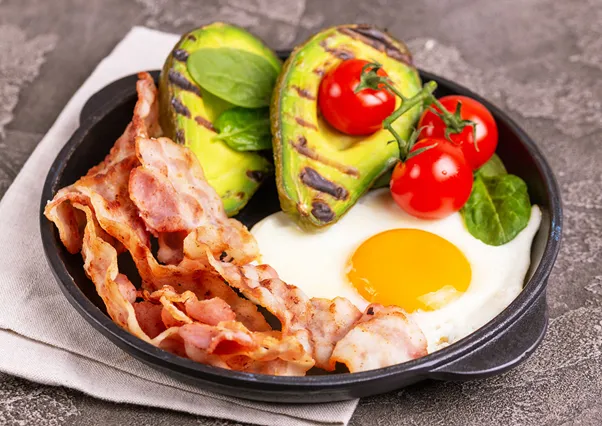If you want to lose weight, you might be tempted to try out trendy new diets like the keto diet or intermittent fasting. However, you may be unknowingly aggravating a condition you aren’t even aware of: a fatty liver.
Doctors are concerned about a condition known as non-alcoholic fatty liver disease (NAFLD). It is a condition wherein excess fat accumulates in the liver. It can bring severe complications, including cirrhosis and liver cancer, much like consuming excessive alcohol can cause liver issues.
According to Dr. Gaurav Gupta, a liver transplant surgeon in Mumbai, there has been a substantial rise in patients with fatty liver disease. He says, “Before, the majority of patients I saw were suffering from hepatitis C, but now most of the patients who come for consultation have fatty liver disease. It’s a matter of grave concern. It is an issue that coincides closely with the global spread of diabetes and obesity.”
Non-alcoholic fatty liver disease affects almost one-fourth of the world’s population, and the number could be substantially higher. It is vital to be aware that patients with NAFLD have twice the risk of dying from a stroke or heart attack.
Researchers believe the condition is connected to an elevated risk of liver cancer even when there is a lack of clear-cut cirrhosis. According to early findings from a Mayo Clinic study, NAFLD can also make you more vulnerable to other types of cancer.
How do fad diets affect the liver?
Fad diet-related liver conditions frequently go undiagnosed until it is too late. Since many people are unaware that they have a fatty liver, it has earned the moniker “silent killer.” There is usually no pain or other symptoms associated with it.
Patients and clinicians are generally unaware of the problem until the disease has progressed to a more critical stage, such as cirrhosis or non-alcoholic steatohepatitis (NASH).
The liver becomes inflamed and impaired in NASH, resulting in scarring and an increased risk of liver failure or cancer. Patients concerned about non-alcoholic fatty liver disease or NASH should undergo imaging tests such as an ultrasound or MRI and liver blood testing. If the results are concerning, you can consult Dr. Gaurav Gupta, a leading specialist for liver transplant in Mumbai.
Some people have benefited from vitamin E and diabetic medicine, but the outcomes are not consistent. Losing weight is the most effective way to tackle the condition since it reduces inflammation and fat in the liver.
That’s why doctors think unhealthy eating habits and fad diets that increase fat intake are particularly risky. According to the study, the keto diet, which stresses consuming more fats and limiting carbohydrates, may lead to NAFLD.
Many people like Keto because you can eat tasty food, such as butter, red meat, cheese. However, fats account for 80% of your caloric consumption.
What’s the way out
It is best to eat a well-balanced diet and avoid overeating too much fat, mainly processed food. Even fructose and other sugars are harmful to the body. They can raise cholesterol levels and lead to inflammation in the liver.
Fasting is another method that can help you lose weight quickly but is difficult to sustain. One issue with fad diets is that they can be tough to stick to, especially eliminating all delectable foods. Also, rapid weight loss is not advised because it is rarely long-term.
Moderate exercise should be considered for patients with NAFLD or NASH as it helps avoid sarcopenia or decreased muscle mass and strength. Sarcopenia, when paired with obesity, can raise the risk of liver inflammation even more.
Another issue to consider is drinking. Although NAFLD is not linked to alcohol consumption, those with poor liver health should limit their alcohol consumption.
If a patient has NAFLD and drinks even a modest amount of alcohol, their chances of getting fibrosis over time are substantially increased.
Patients who are obese or overweight should have their liver fat levels measured using screening ultrasonography or other procedures. You can contact Dr. Gaurav Gupta, Head of Liver Transplant & HPB Surgery, Fortis Hospital, for more information and one of the best liver transplant in Mumbai.

